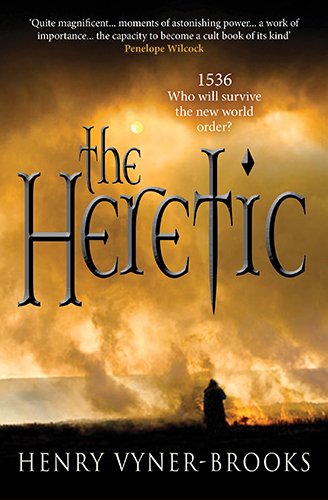An important truth to remember in the coming year:
You will rarely get more than you expect. Now, there are substantial exceptions that prove the rule: in marriage, you often get much more positive than you expect; acting in faith often brings more than you expect; and sometimes other folks will surprise you.
But in two areas, realize that your expectations define the outcome.
First, in your interactions with businesses. You know why your order is wrong 75% of the time you go to McDonald’s? There are a few possibilities. One is that your order is too complex for reasonable people, like wanting a hamburger with cheese on half and two bottom buns but no onions. Seriously? Order close to the menu, man.
The second is that you are actually not ordering what you think you’re ordering. The McDouble? It’s not chicken.
But the main reason? We’ve come accept, and then expect, that even though we pay for the service of getting a meal, and even though the restaurant claims to be competent to serve it, they’ll screw it up. We’ve come to expect that the places we eat aren’t going to be clean, the stores will have less-than-friendly workers, and so forth.
And then we get what we expect. Following that up, we get grumpy when the error is “too big,” after setting a standard of “make an effort, but who cares on the results.”
This starts the cycle: a business then performs to its lowest possibility. It then performs, financially, at that level. Then, they only pay for that level of competence from their employees. Competent people then move on…or slide down to the average around them, depending on the structure.
So stop it. Stop accepting it. Don’t be a jerk about it, but be clear about your expectations, and be firm that you will not accept it. Be it with those you work for, those who work for you, or those whose services you utilize. Because here’s the deal: if you served good food, fast, in a clean environment, cheerfully, without being on your cellphone, then McD’s might be able to pay you more an hour because you’d have more customers. And certainly, that person who just came through your line won’t walk away sneering at your desire for a raise.
More than this, though, is that we need to expect more of ourselves.
It’s very easy to see how we should expect more from the people around us.
But what of ourselves? Do I expect to be putting in the work, doing the tasks?
Consider this: Do we expect from ourselves as much as we expect from others?
I’ve become convinced, in the last 2 weeks, that part of why we get so readily agitated at poor service and poor quality is not that we’re not getting what we pay for. It’s not that we deserve more or that days used to be better.
It’s that we see ourselves in the mirror of low results. It is that we haven’t put our whole heart into our work. It’s that we have reached a point that we’ll do the minimum and walk away.
So raise the level this year. Put in your best, expect more from you.
Then patiently raise the expectations around you.

 typical combatants on the TV show Iron Chef America. He is also a restaurant owner and involved with a plethora of other shows. In all, he’s a busy chef.
typical combatants on the TV show Iron Chef America. He is also a restaurant owner and involved with a plethora of other shows. In all, he’s a busy chef.

